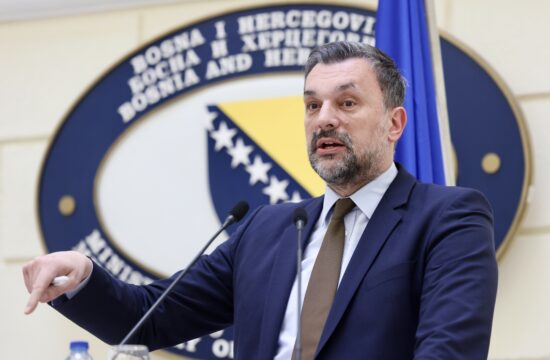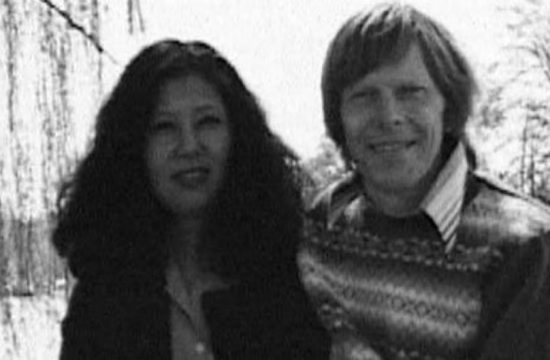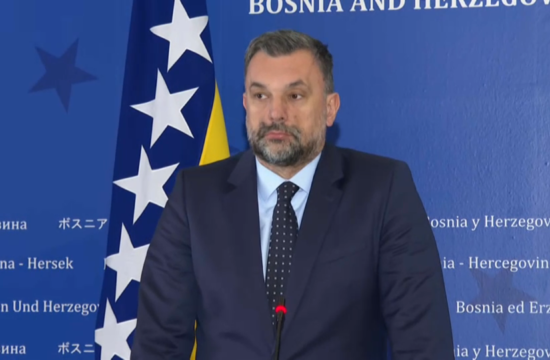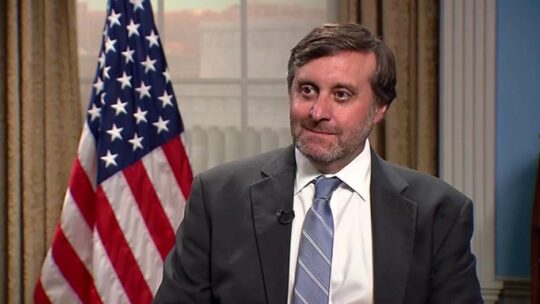Bosnia’s Council of Ministers Chairman Denis Zvizdic attended the Friday session of the EU’s Stabilisation and Association Council. Topics of discussion were reforms, stability, the rule of law and the upcoming general election.
The EU delegation was led by EU’s High Representative for Foreign Affairs and Security Policy Federica Mogherini and European Commissioner for European Neighbourhood Policy and Enlargement Negotiations Johannes Hahn.
“We talked about the upcoming reforms. Important reforms concerning excise tax took place since our last meeting a year ago. Those reforms are key for the state’s progress. Analysing where we were a year ago and where we are now, it is clear a lot has to be done when it comes to the rule of law. These are key factors for the stability of the state,” Mogherini said.
“The October general election is offering a new opportunity and people will have the opportunity to vote for the direction which the country will take. The pre-election campaign should not celebrate the past but show positive examples for the future,” she said. “In this way, you can convince your citizens you are serious about the European integration of Bosnia and Herzegovina.”

The Stabilisation and Association Council of the EU and Bosnia and Herzegovina is the highest joint body that monitors the Stabilisation and Association Agreement (SAA) implementation.

Hahn congratulated Zvizdic on the implemented reforms and called on all Bosnian leaders to take responsibility and agree on the general election and implementation of election results.
“Bosnian economy shows recovery signs in terms of exports and production as well as the number of jobs. However, we must conclude that the Reform Agenda was not completely implemented and predictions were it would be implemented by the end of 2018. We are committed to continuing to support Bosnia, but the reforms are necessary,” Hahn said.
Speaking about the migrant crisis in the country and the funds which the EU provided for this purpose, Hahn said the EU already provided EUR 26 million to Bosnia and it earmarked additional EUR 6 million for migrants in Bosnia.
“We heard the criticism against the EU that it doesn't help enough with the migrants, but we can talk about that. We expect to receive the answers to the European Commission’s followup questions by September, so that the Commission could supplement its opinion by January 2019,” Hahn concluded.
The European Commission (EC) sent the follow-up questions to Bosnia and Herzegovina on Wednesday to clarify the ambiguities from the Questionnaire that the country answered in February this year.
Most of the questions Bosnia's institutions received on Wednesday refer to political criteria, while the rest concerns the economy, social policy, employment, transportation policy, and education and culture.
Bosnia’s Denis Zvizdic said:
“We confirmed our total commitment to EU integration and we are intensifying our regular dialogue with the EU. Our previous key activities included the preparation of answers to the European Commission’s Questionnaire which we answered in February 2017. Right now we are trying answer the followup questions with the ultimate goal of receiving a positive opinion in order to get the candidate status (for Bosnia's EU accession),” Zvizdic said.
“We are currently undergoing reforms that are relevant to Bosnia’s EU accession process, which are related to Bosnia’s energy and environment sectors as well as the fight against all kinds of extremism.”
Participants of the meeting talked about bilateral relations within the SAA process, in light of the European Commission’s 2018 report, the SAA implementation and the reforms and Bosnia’s progress in its European integration process.




